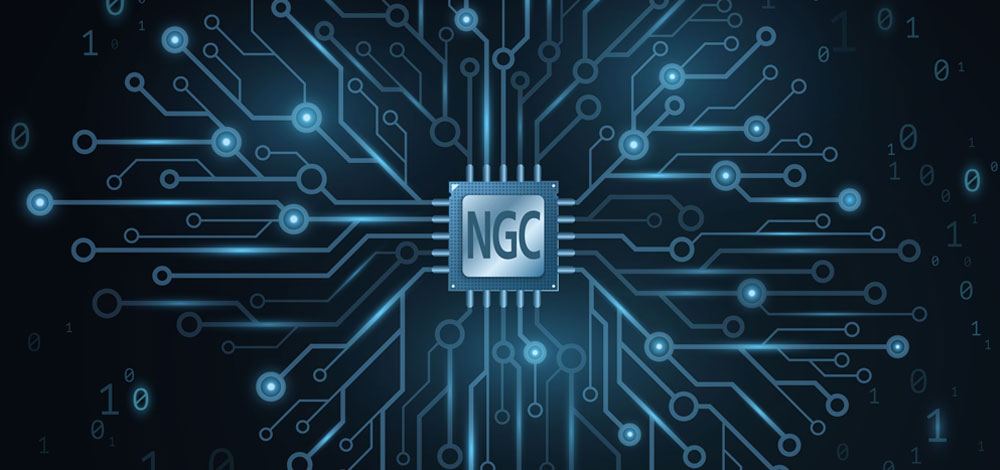Neuromorphic computing is advancing through several stages of development, each bringing new capabilities that further enhance efficiency and performance. The first major breakthrough came with "deep neural networks" (DNN), which have already been successfully applied using traditional technologies such as SRAM or flash-based memory. These classical approaches effectively emulate the parallelism and efficiency seen in the brain, enabling a range of AI applications. However, the next frontier lies in further miniaturization and a significant reduction in power consumption, especially for edge applications, which require real-time, on-site processing with minimal energy use. This progress is made possible by leveraging new, innovative technologies that promise to enhance the performance of DNNs even further.
The subsequent generation of neuromorphic computing, based on "Spiking Neural Networks" (SNN), aims to take this even further by physically replicating the temporal component of neuronal and synaptic functions. By modeling not only the parallelism but also the timing of signals between neurons, SNNs can achieve higher energy efficiency, greater plasticity, and more brain-like learning capabilities. This results in a system that can more efficiently process dynamic, time-varying data while using significantly less energy than traditional approaches. As with DNNs, emerging technology concepts for SNNs are showing great promise in surpassing the limitations of classical technologies.
At Fraunhofer IPMS, we are pioneering research in both generations of neuromorphic hardware. We are exploring innovative crossbar architectures that incorporate non-volatile memory, such as ferroelectric field-effect transistors (FeFETs), which show great potential for neuromorphic applications. These efforts are part of various European-funded initiatives, including TEMPO, ANDANTE, and STORAIGE, as well as Fraunhofer-funded internal projects. Of particular interest is our cutting-edge research into materials for future SNNs, with a focus on Li-based systems, being conducted within the Saxon project MEMION. This innovative materials research is key to unlocking the next level of energy-efficient, brain-inspired computing.
 Fraunhofer Institute for Photonic Microsystems
Fraunhofer Institute for Photonic Microsystems
